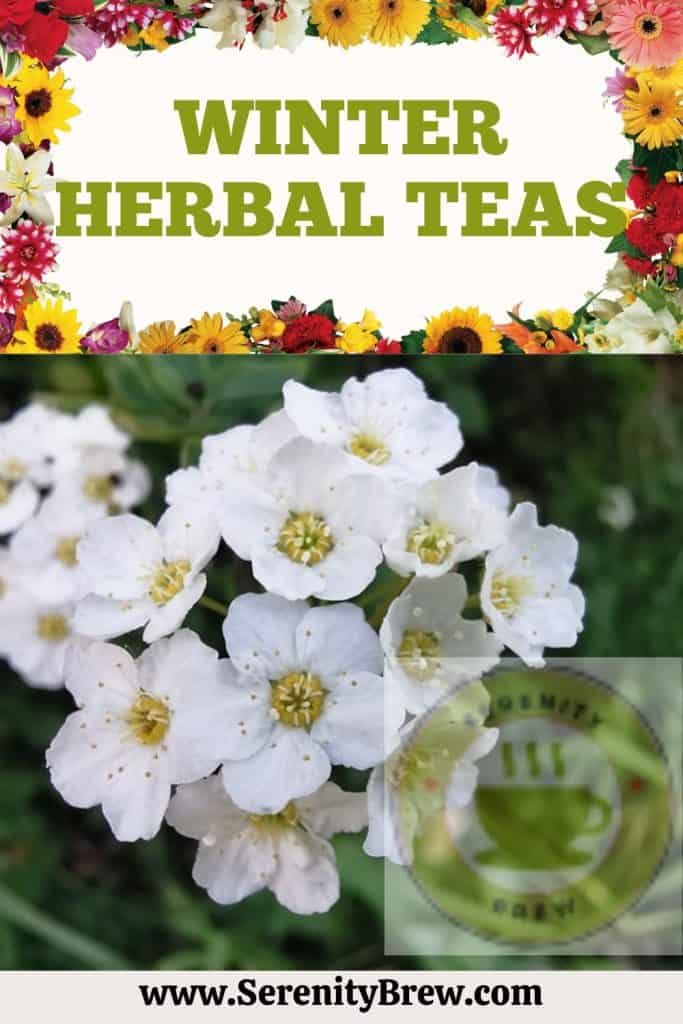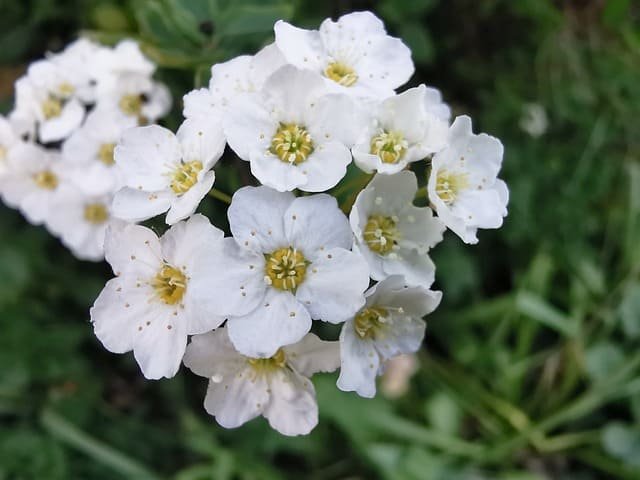
Winter herbal teas are a pleasant way of warming up in the cold season, but also another way of taking plants, in order to alleviate those ailments due to the lowering of temperatures.
Winter herbal teas are blends of herbs and spices, prepared with the aim of warming the body, decongesting the respiratory tract and relieving pain afflicting the osteoarticular system. Furthermore, the intake of hot plant-based drinks can be a very pleasant way to take the active plant ingredients and to ingest liquids , especially when the cold makes us stop wanting to drink water.
When rain and snow and low temperatures make our body more exposed to inflammation of the airways and flu , these infusions restore heat and relieve the most common symptoms of colds .
The use of spices in winter herbal teas
In the preparation of herbal teas , spices cannot be missing , precious ingredients, useful for two reasons : they flavor and warm. Their use in infusions and decoctions dates back to ancient oriental medical practices, especially of Traditional Chinese Medicine and Ayurvedic Medicine . The high content of essential oils present in spices make them excellent antibacterials and antiseptics of the respiratory tract, which help to balance energies and instill warmth. In herbal medicine these spices are found either individually or mixed together with other ingredients in fruit infusions.
Cardamom infusion is a real panacea against colds and coughs : it immediately frees the airways while fighting the tiredness that typically accompanies flu states.
The sweet scent of cinnamon , due to its warming properties , is linked to the fire element . In fact, the bark of this plant has a rubefacient essential oil , which means that it draws blood to the more superficial layers of the skin, heating the area with which it comes into contact.
The spicy aroma of ginger , also connected to Fire (Agni), is still used today, in many Asian countries, in states of fatigue, to relieve sore throats , rheumatic pains, colds, fevers and all what are termed “ wet states ” such as diarrhea or excess mucus.
The use of plants in winter herbal teas
Other herbs and medicinal plants to be included in our winter herbal teas can be those with a strong mucolytic , expectorant and anti-inflammatory activity for the mucous membranes lining the respiratory tract. Some of these are the so-called balsamic plants such as thyme , eucalyptus and pine which are effective in fluidizing and expectorating phlegm and soothing nasal and bronchial congestion.
Mallow : the mucilages contained in it cover the mucous membranes with a viscous layer capable of protecting the soft tissues of the body from irritating agents. For this reason, the use of the plant is indicated in the catarrhal forms of the upper airways; to hydrate and soothe the throat and in all irritations of the oral cavity.
Erisimo : also called “singers’ grass”, owes its name to its anti-inflammatory and antiseptic action on the respiratory tract, in particular its use is recommended in the treatment of inflammation of the throat, in cases of aphonia and dysphonia, resulting from laryngitis , pharyngitis and tracheitis.
Spirea : considered together with willow, the “vegetable salicylate”, has an anti-inflammatory, analgesic and antipyretic action , because it inhibits the synthesis of prostaglandins (PGE2), responsible for pain and the inflammatory process of the tissues. It is therefore used in case of fever and to relieve pain caused by arthrosis, rheumatism, joint pain, headache , back and neck pain .
A winter herbal tea: the recipe

We provide you with the recipe for an exquisite winter herbal tea:
> 20 g of mallow , flowers and leaves: to decongest the mucous membranes
> 20 g of erisimo , top: to soothe the throat and clear the throat
> 20 g of spirea (contraindicated if you are allergic to acetyl salicynic acid) analgesic
> 5 g of thyme or pine buds or eucalyptus , to clear the respiratory tract
> 15 g of cinnamon , bark: to provide heat
> 20 g sweet orange peel: to give a pleasant citrus aroma to our winter herbal tea.
